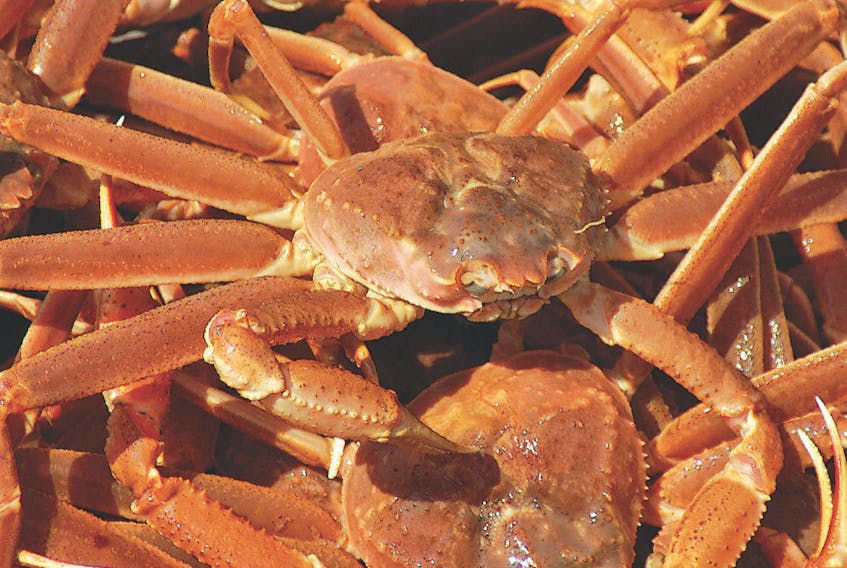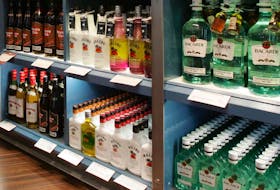It sounds kind of familiar. Too familiar.
Late last week, conservation group Oceana Canada released its third annual review of the federal government’s management of Canadian fish stocks, and like last year and the year before, the message was that there just isn’t enough work being done to protect the long-term health of fish stocks.
“In 2019, less than a third (29.4 per cent) of Canada’s marine stocks can confidently be considered healthy — fewer than in 2017 and 2018. Meanwhile, the number of critically depleted stocks has increased to 17 per cent. Most are Atlantic groundfish, although there was also an increase in critically depleted crustaceans, especially on the Pacific coast, and two species of forage fish, which are important contributors to the overall health of the ecosystem,” the report says.
That 17 per cent may not sound so bad, until you look at the numbers overall.
In all, 33 stocks are in critical condition: while 57 are judged healthy, another 30 are considered in cautious condition. More alarming, perhaps, is that there are 74 aquatic species where Oceana Canada considers the overall information too incomplete to judge the condition of particular stocks as any better than “uncertain.”
It’s obviously hard to make fisheries management decisions with delayed or missing data, and without clear objectives.
There’s already more than enough stress on aquatic species as a result of ocean warming and acidification.
“Progress on implementing rebuilding plans remains slow and many critically depleted stocks, including northern cod, are still without a plan. As well, Fisheries and Oceans Canada has not yet indicated how and by when it will collect adequate catch monitoring information, needed to measure and manage bycatch (the incidental catch of non-target fish) in all Canadian commercial fisheries,” the report says.
Then, there’s the question of all the eggs being in one basket — well, three baskets. Right now, 74 per cent of the seafood industry’s dollars come from three crustacean species: crab, lobster and shrimp. And in many areas, there are population declines in crustacean species. (Crab, shrimp and lobster are worth $3.8 billion in Canadian fisheries revenue a year, by the way.)
There are improvements — but the numbers are sobering. And as Oceana points out, “the status quo is demonstrably not working.”
If we want fisheries to last for future generations, the volumes of different species taken have to be supported by real, consistent scientific research, produced promptly. Given the collapse of several major fish species in past decades, we should have learned that lesson long ago. There’s already more than enough stress on aquatic species as a result of ocean warming and acidification.
Otherwise, we’re simply fishing in the dark — and we shouldn’t be surprised when valuable species are effectively gone.
RELATED









